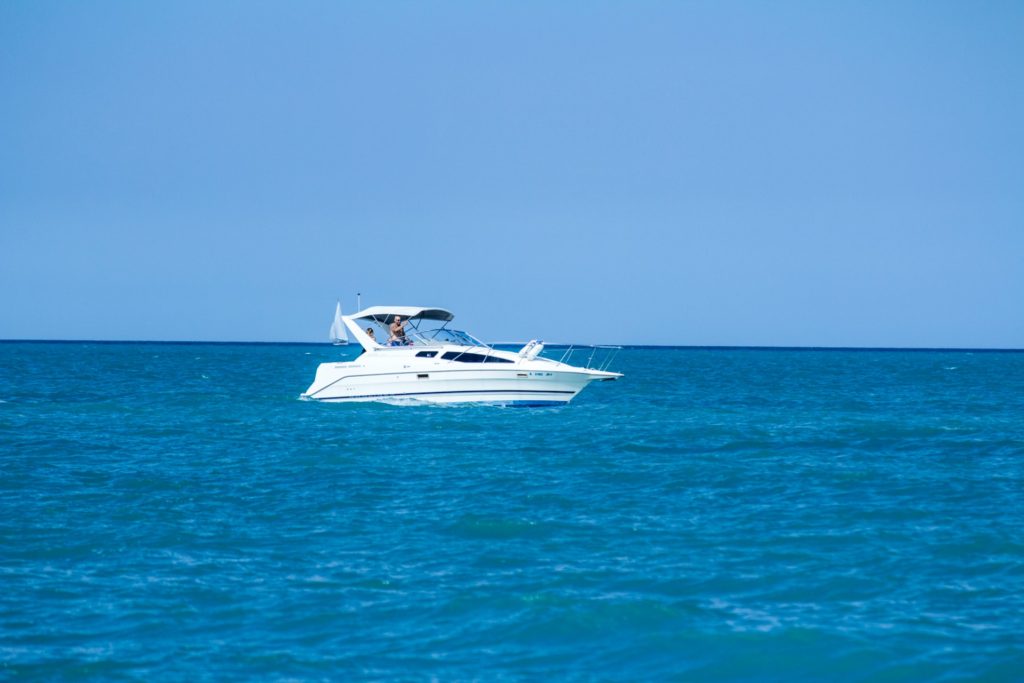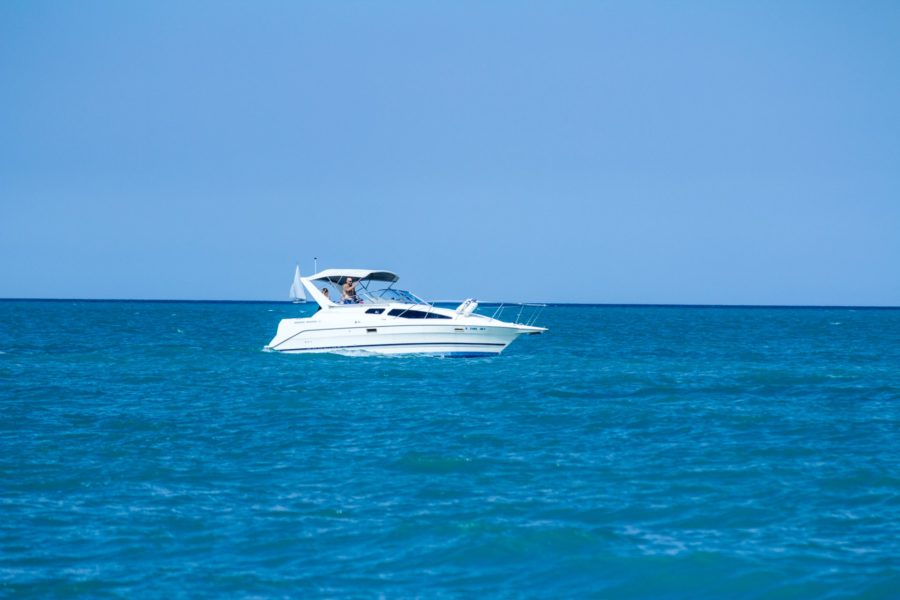
The Boat Buyer’s Guide: What Are Your Financing Options?
Buying a boat is a big adventure and will provide you with fantastic opportunities to hit the open water and relax. There really is no better way to get away from it all than investing in your own boat. Despite common misconceptions, boats can be affordable for people with almost any budget, as long as you do finance it correctly. Deciding how to pay for your boat will help you to know how much you can spend and exactly what you can get for your money.
For everyone who is looking to invest in the ultimate adventure craft, here is the boat buyer’s guide to financing options.

1. But First…
Before you can even decide on what payment option is best for you, the first thing you need to do is to decide what kind of boat you want. This will depend on factors such as the size of your budget, how often you will use the boat, how many people are in your family, and the level of boating experience you have. If you are a serious boating enthusiast then it is usually worth spending a little more to kit yourself out with your dream vessel. On the other hand, if you are new to boating, you may want to start out with a smaller boat that will be easier to handle and look after.
The amount of maintenance required should also be a deciding factor and it is always worth noting that older boats tend to need more maintenance and repairs than newer ones. Furthermore, if the weather and climate where you live will only allow you to use your boat a few times a year, you may want to spend a little less because you won’t be able to take it out for long stretches of time.
2. Pay the Whole Total Upfront in Cash
If you are in the fortunate position to be able to pay for the whole boat upfront, then this is the simplest way to do it. Paying the entire total by cash will mean that you don’t need to work out monthly payments or cover any extra interest. However, even if you are able to afford to buy the boat itself upfront, it is very important to remember that this won’t be all you have to pay.
You will also need to consider the annual costs of moorage at your chosen pier, as well as yearly insurance. In addition to these costs are the general operational costs such as fuel and maintenance. Fortunately, all of the associated costs are usually lower than people might expect but just make sure you know everything before you sign for your boat.
3. Pay for the Boat Through Financing
Securing financing for a boat is much the same as borrowing money to buy a home, car, or anything else. You first need to prove how much money you have, how much you earn, and what a lender can reasonably expect to get back from you if they lend you the money you are asking for. The folks at SeaDreamInc.com explain that to get a boat loan, the lender will look at your DTI (debt to income) ratio. This is based on your total monthly debt and your total monthly income. Generally, you will not be able to get a boat loan if you have a DTI ratio of more than 50%.
4. How Your DTI Is Calculated
Your DTI is calculated by taking your total monthly debt and dividing it by your total monthly income before tax.
A simple example would be something like this:
Total Monthly Debt: $1,000 Credit Bureau Debt
+ $1,000 Housing
+ $500 Estimated Boat Repayments
= $2,500
Total Gross Monthly Income:
$5,000 Salary
+1,000 Rental Income
=$6,000
When the total monthly debt of $2,500 is divided by the gross monthly income of $6,000 (2,500/6,000) the DTI is calculated to be 41.6%. This falls below the cut-off of 50% so the person would be eligible for a boat loan. You will then need to decide if you can genuinely afford the monthly loan repayments and the other costs involved in maintaining and running your boat before agreeing on a loan and purchasing your vessel.

The most important thing when buying a boat is to have as much information as possible. You need to know your budget to the dollar as well as the operational and maintenance costs of the vessel you want to buy. Once you have accurately calculated these things, you can then decide on the best financing option for you. After that, it is time to hit the waves and enjoy your very own boat.











